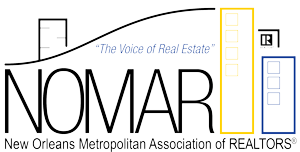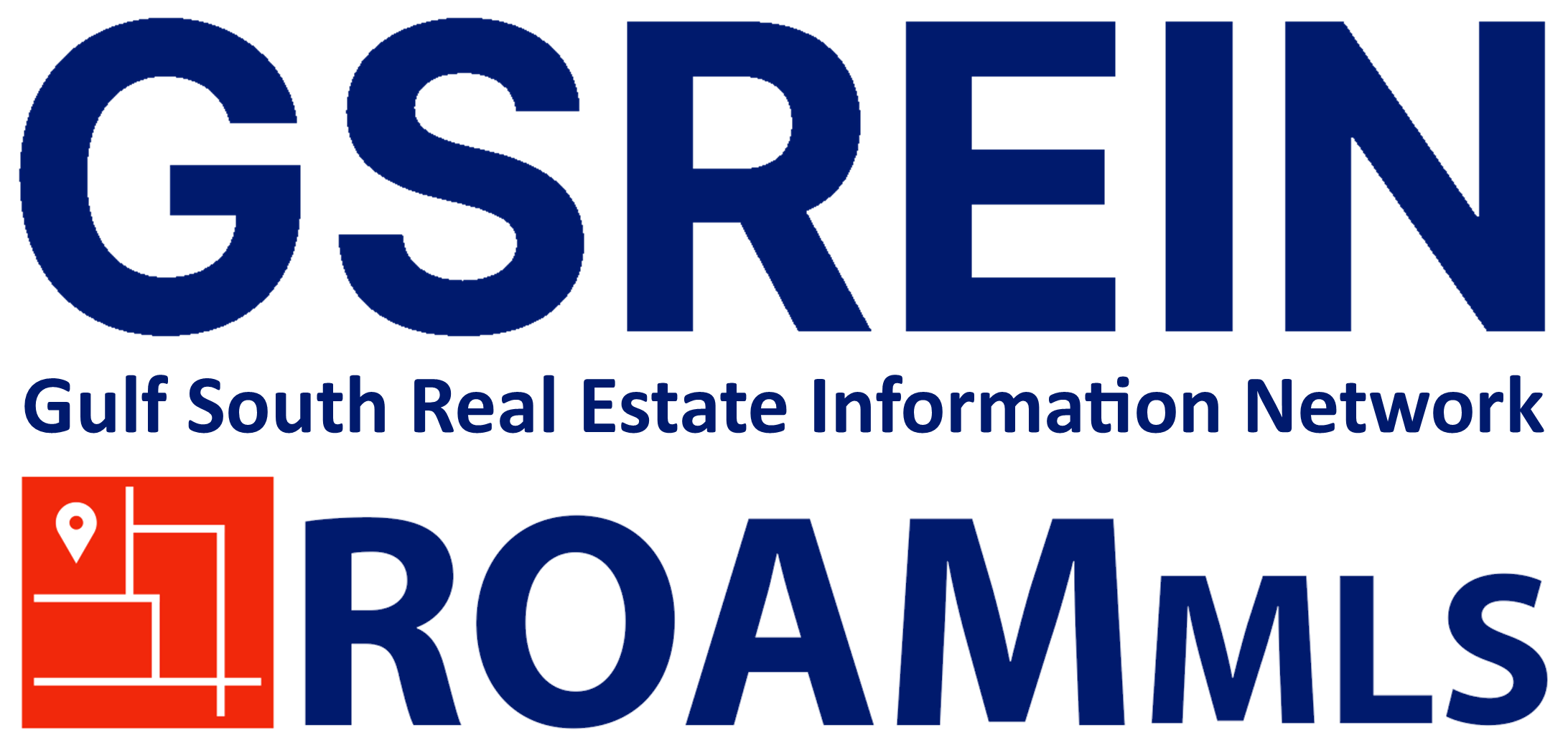The City of New Orleans is considering an ordinance that will create a mandatory database of rental units and require periodic inspections of non-exempt long-term rental units to ensure compliance with minimum standards. The goal is to target slumlords without a tenant fearing retaliation.
It sounds great on paper, but it’s no good for New Orleans.
Why is it no good?
- It's not effective. -
The proposal is a copy-paste ordinance that has been making its way around the country with little success where implemented. The data NAR has available from other cities with ordinances like this shows that, similar to the city’s problem with short-term rentals, only a small portion of owners actually register like they’re supposed to. This article about the struggles to get owners to register in Denver is one of many examples of that problem. Indianapolis included language in their ordinance that it must provide an annual report on its effectiveness. Each year it shows that they lack full compliance with registration and that any violations found tend to not be with properties that are anecdotally known to be run by slumlords. (For reference, the Census Bureau anticipates 223,899 housing units are occupied by renters. At the end of 2021, their 3rd year operating the program, they had just over 10,000 properties, or 4.89%, registered and no fines collected.)
- It makes already unaffordable housing even more unaffordable. -
When a government entity makes operating more expensive, the end user ultimately pays. In this case that would be the tenant paying the increase in housing costs. A couple of cities in Iowa are currently struggling with unanticipated increased costs and owners selling rental properties due to the overall burden of the program.
- It comes with a host of legal issues. -
Just search for "residential rental inspection lawsuit" and you will find plenty of recent examples, including government overreach, violations of the Fourth Amendment (again and again), undue burden, and contractual interference.
What is our solution?
-
Remind the Council that their current city code of ordinances allows for code enforcement to deem a property in the state of decay that is set forth in this proposal as blight or public nuisance and either hit them with the toughest of penalties or shut them down.
-
Follow the example of Ohio and many Florida communities and implement a free registry with complaint-based inspections.
- Bring back the Housing Advocacy department in City Hall to provide non-binding mediation during disputes between tenants and housing providers and work with the legislature to protect tenants who file legitimate complaints over unsuitable living conditions.

